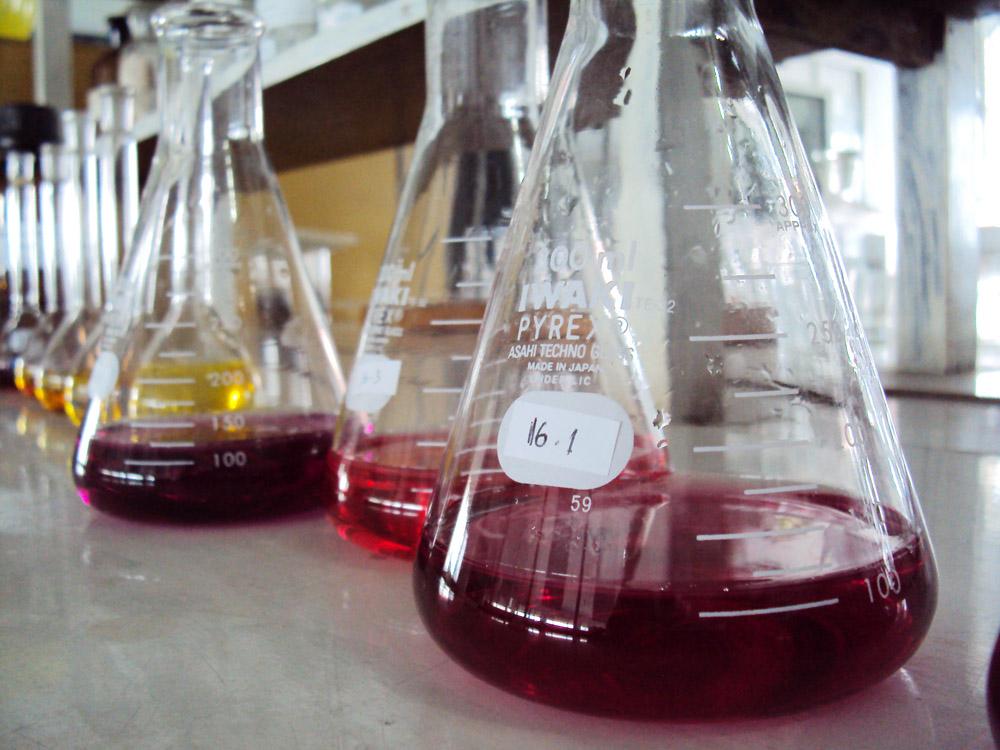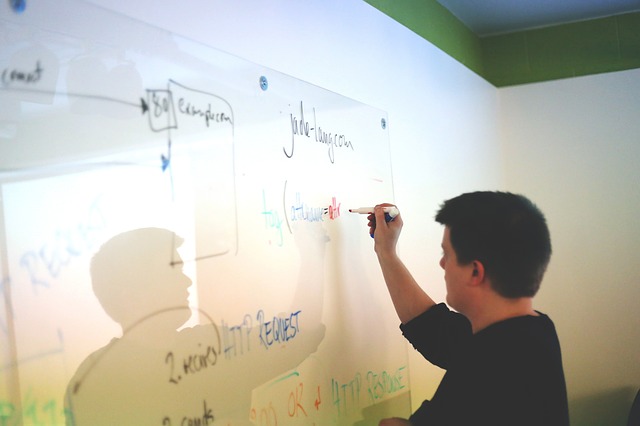Horizon 2020: a focus on Key Enabling Technologies

Horizon 2020 – Pillar II Industrial Leadership
Horizon 2020 is the very complex programme of the EU intended for boosting R&TD across all policy fields. [1]
It is a “programme of programmes” covering all research fields. It consists of three pillars (vertical axes of Horizon 2020) and four cross-cutting sections. [2]
Among the three pillars – ‘Excellence Science’, ‘Industrial Leadership’ and ‘Societal challenges’ – the 2nd pillar is certainly the most relevant for SMEs.
According to the general regulation, Pillar II ‘Industrial Leadership‘aims to speed up development of the technologies and innovation that will underpin tomorrow’s businesses and help innovative European SMEs to grow into world-leading companies’. It is structured around three sections:
• ‘Leadership in Enabling and Industrial Technologies’, that supports the full deployment of Key Enabling Technologies (KETs), id est cross-cutting breakthrough technologies;
• ‘Access to risk finance’, aimed at enhancing access to risk and debt finance for proposers/participants of European R&TD projects (including infrastructure projects). The main instrument to that end is InnovFin managed by the European Investment Bank (EIB);
• ‘Innovation in SMEs’ specifically aimed at increasing innovation levels in SMEs.
Key Enabling Technologies (KETs)
Key Enabling Technologies (KETs) have a huge potential to contribute to knowledge driven and resource efficient growth, new jobs and solve main societal challenges, because are able to provide the basis for innovation in many different fields (cross-cutting technologies) and they are knowledge-intensive in character.
Building on the EC Communication COM (2009) 512, Horizon 2020 supports six priority KETs [3]:
• Information and Communication Technologies (ICT),
• Nanoscience and Nanotechnologies,
• Advanced materials
• Advanced Manufacturing and processing,
• Biotechnologies,
• Space.
 Among these KETs, ICT is at the lifeblood of innovative ways of producing and distributing products and services.
Among these KETs, ICT is at the lifeblood of innovative ways of producing and distributing products and services.
Furthermore, it has the potential to transform every-day life, especially if we consider the increasingly diffusion of the Internet of Things (IoTs). [4]
With regard to digital technologies, it has to be noticed that the 2nd Horizon 2020 Work Programme on ICT for 2016 and 2017, definitively approved on 13 October 2015, covers digital technologies ‘in a comprehensive way, from key enabling technologies to networking technologies, robotics, content and information management technologies’ [5].
Under the 2nd Work Programme, the following strands of calls are envisaged: (i) A new generation of components and systems, (ii) Advanced computing and cloud computing, (iii) Future Internet, (iv) Content, (v) Robotics and Autonomous Systems, (vi) ICT Key Enabling Technologies, Innovation and Entrepreneurship Support, (vii) Responsibility and Creativity.
In addition, the international dimension of ICT research and innovation areas is reinforced via the strand of call ‘International cooperation activities’ and the joint calls with Japan, Brazil and South Korea.
The Work Programme 2016 – 2017 sets the provisional budget for 2016 at € 762.55 million and the drafted budget for 2017 at € 807.65
**********
[1] Main EC information website and database on Horizon 2020 are:
- the official Horizon 2020 website of the EC;
- CORDIS, the European Community Research and Development Information Service;
- the “Participant Portal”.
[2] The cross-cutting sections (parts) of Horizon 2020, as established by the Regulation (EU) No 1291/2013 of 11 December 2013, are:
• Specific Objective I ‘Spreading Excellence and Widening Participation’,
• Specific Objective II ‘Science With and For Society’ (SWaFS),
• Joint Research Centre,
• Europe Institute of Innovation and Technologies.
[3] See See European Commission, Preparing for our future: Developing a common strategy for key enabling technologies in the EU; COM (2009) 512, Brussels
[4] See Purdy M., Davarzan L. (2015), The Growth Game-Changer: How the Industrial Internet of Things can drive progress and prosperity, AccentureStrategy
[5] See Work Programme 2016 – 2017 Information and Communication Technologies, European Commission Decision C(2015) 6776 of 13 October 2015, p. 5
On 25 January 2016 there will be an InfoDay focused on this WorkProgramme and the Internet of Things.
For more information click on the link below.
http://ec.europa.eu/digital-agenda/en/news/info-day-about-horizon-2020-ict-leit-opportunities-research-funding-grants